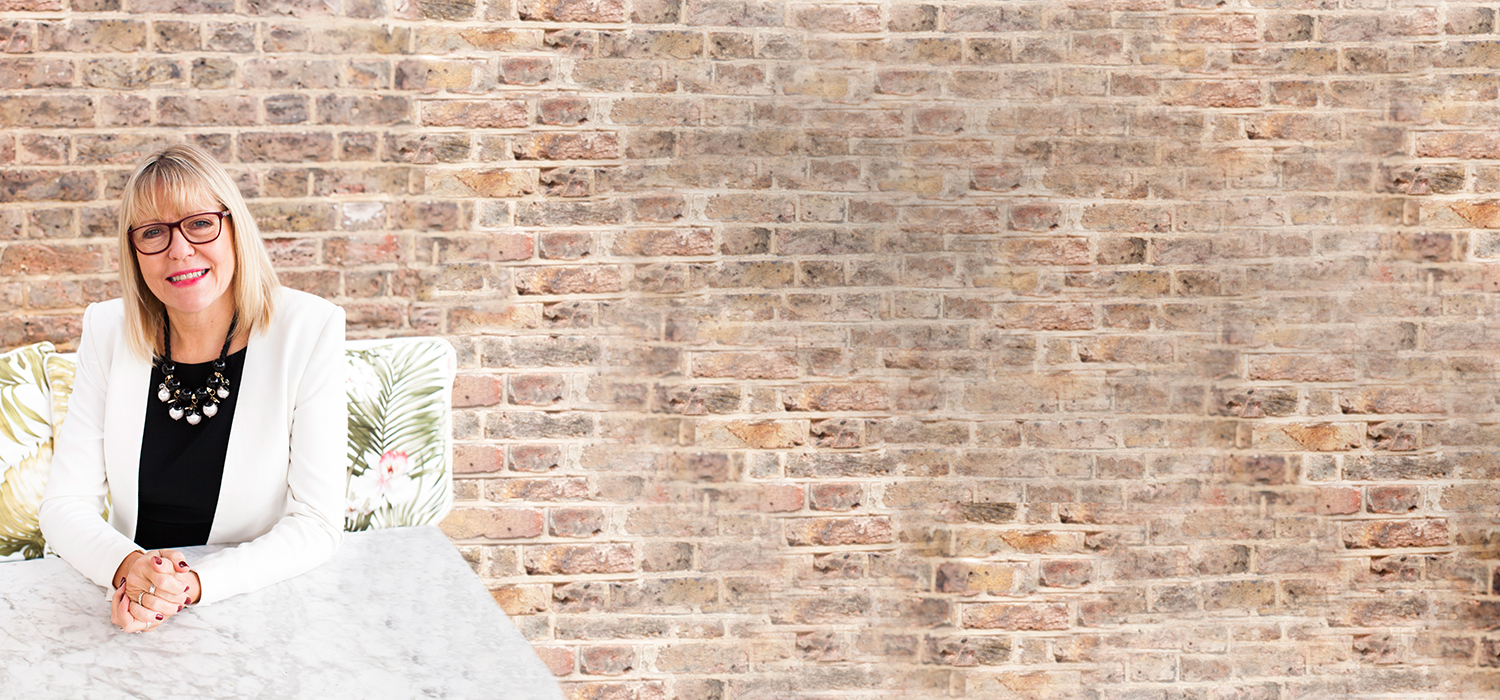Parenting with a disability: Tips will help to overcome challenges
June 18, 2018Delighted to publish the first guest blog!!
Having a baby presents a whole range of challenges for any new parent but if you are a parent with a disability then these challenges can be even greater. In this blog Ashley shares some really practical advice about ways of overcoming some of these challenges.
Courtesy Pixabay
People with disabilities can adapt creatively to the demands of raising children as they do to their own specific needs. In turn, their little ones naturally adapt to their unique parenting styles.
According to your accessibility challenges, follow the tips below to find strategies for transforming your home into a functional, safe environment for raising a baby as a disabled parent.
Mobility
Parents with mobility limitations need step-free entrances to their homes in order to provide extra stability and support for transporting their child and other supplies, such as baby accessories or groceries. Replacing steps with a ramp is simple and affordable. Pre-made ramps are available for purchase, and DIY ramp instructions can be found online. If building, pay close attention to ADA (Americans with Disabilities Act) guidelines for ramp width and slope: both indoor and outdoor ramps should have a slope no greater than 1 inch of height for every 12 inches of length. Additionally, the surface of the ramp should be coated with either non-skid deck paint or adhesive strips to prevent slipping.
For ease of mobility throughout your home, install an inexpensive skid-resistant flooring option such as linoleum or vinyl. This change will benefit your baby as well, preventing slips and falls as they learn to crawl and, eventually, to walk. To avoid tripping on uneven textures, secure heavy-duty plastic mats or runners beneath movable carpets or rugs to keep them in place.
If requiring a wheelchair, walker or transfer chair, your doorways must stretch at least 32 inches wide for safe and easy clearance. Installing offset or expandable hinges will provide up to 2 inches of extra space without the expense and headache of making structural changes to the door frame itself. Plus, this adjustment is reversible–return the door to normal by simply replacing the original hardware and carry the spacious hinges with you to your next home.
When mobility is limited, moving from room to room to accomplish different tasks can cost time and energy. Prior to the arrival of your baby, take note of your current habits. You might have a few favorite spots in your home where you spend most of your time and that are set up for comfort and easy access. These spaces can also serve as play and care areas for your baby, with a few adjustments. Purchase or build your own small, rolling workstation with a tabletop for changing and storage beneath for bottles, cloths, toys and other supplies, bringing the nursery and the kitchen to you.
Vision
Vision difficulty can be especially dangerous when caring for a baby. The sensitivity of their new skin, nasal passages and digestive tracts makes it important to use the correct products. When distinguishing between formula, snacks, soap and lotion, label items with tactile strips. Such products come in a variety of forms, such as Bumpons, self-adhesive raised plastic markers; Tacti-mark, a liquid that sets hard; color-indicating buttons; and self-adhesive locator dots. Alternatively, try wrapping different products in a specific number of rubber bands or rounds of yarn for tactile identification.
Hearing
You may feel overwhelmed by hearing limitations, believing such challenges will prevent you from ever leaving your baby’s side. However, the Summer Infant Babble Band, a wearable monitor with two pieces–one for your arm and one for placement close to your baby–provides freedom with peace of mind for parents who are hearing impaired. You can set the monitor that lasts eight hours between charges. It features ‘vibrate’, ‘light up’ or both options to notify you when your child makes a sound. You will always be aware when your baby is in need of a diaper change, a snack or a nap.
Parents with disabilities are compassionate parents who adapt in order to overcome barriers and provide happy, healthy homes for their children. By making these small changes to your nest, you, too, can successfully care for yourself and your baby.


